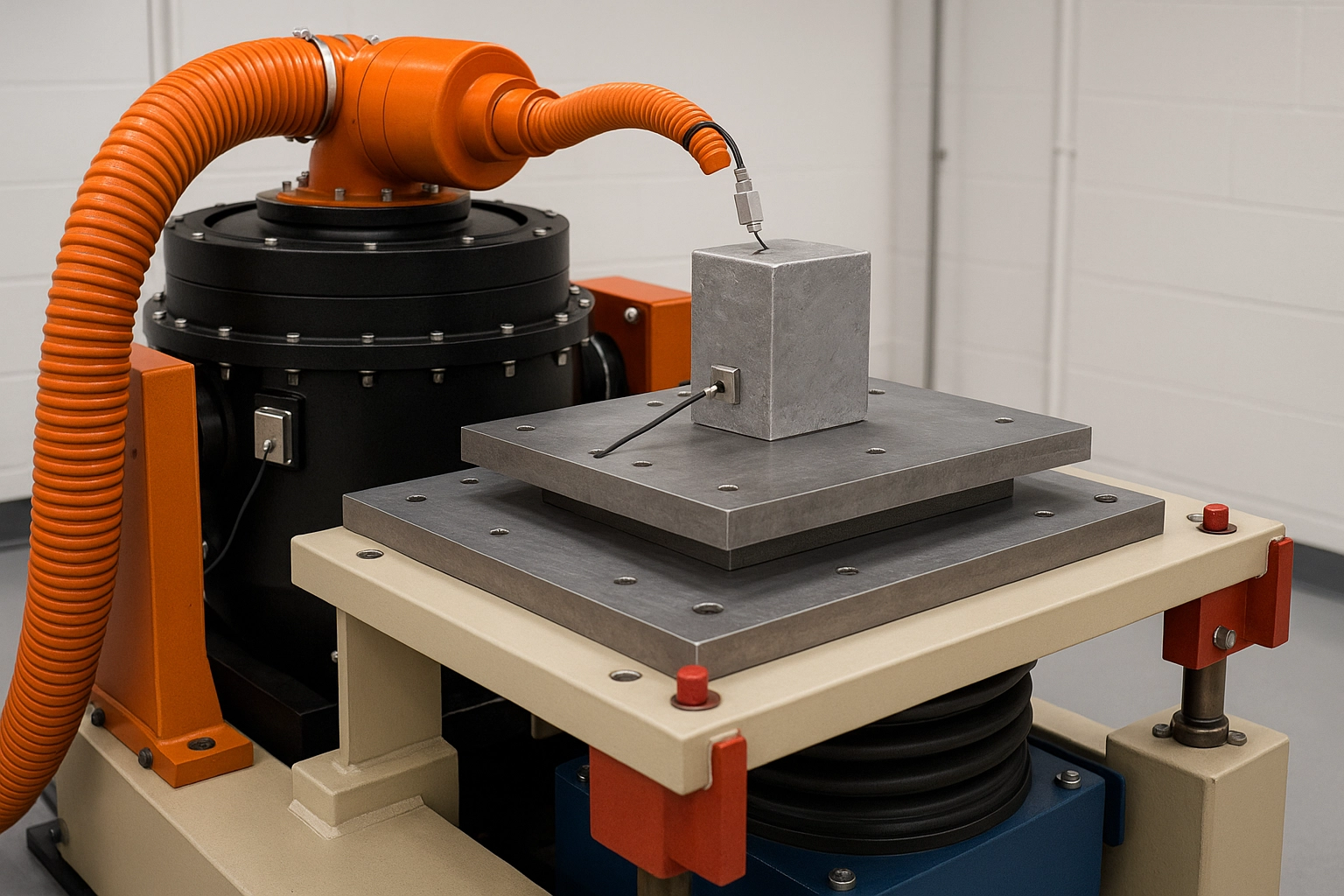JIS D0204 Mechanical Shock Test for Vehicle Electronics
The JIS D0204 mechanical shock test is a critical procedure used in the automotive industry to evaluate the robustness and durability of vehicle electronics under simulated real-world conditions. This test assesses how well components, such as sensors, control units, and other electronic devices, withstand sudden impacts that could occur during vehicle operation or transport.
The JIS D0204 test is particularly relevant for ensuring that automotive electronics can operate reliably in harsh environments. It helps manufacturers identify potential weaknesses early in the development process, allowing them to address issues before product release. This not only enhances product quality but also reduces costs associated with post-release recalls and warranty claims.
The test involves exposing specimens to a controlled series of mechanical shocks that mimic the types of shock loading an automotive component might experience during a crash or in transit. Specimens are typically mounted on a vibration table or similar apparatus, which delivers controlled impacts across various axes (vertical, horizontal, and longitudinal). The severity of these shocks is calibrated based on industry standards and real-world data.
The test protocol specifies the exact parameters for shock amplitude, frequency, and duration, ensuring consistency across different laboratories. Compliance with JIS D0204 is essential for automotive manufacturers aiming to meet international quality and safety standards, particularly in regions where compliance is mandatory.
By adhering to this rigorous testing procedure, automotive companies can ensure that their products are robust enough to withstand the rigors of real-world use. This contributes significantly to the overall reliability and longevity of vehicle electronics, ultimately enhancing customer satisfaction and trust in brand quality.
Why It Matters
The JIS D0204 mechanical shock test is pivotal for several reasons within the automotive sector. Firstly, it ensures that electronic components can withstand the physical stresses they may encounter during vehicle operation and transport. This is crucial because even minor failures in critical systems like braking or steering can have severe consequences.
Secondly, this test helps manufacturers identify design flaws early on, allowing for timely corrections before products reach the market. Early detection of issues through testing not only improves product quality but also reduces development costs and time to market. This is particularly important given the rapid pace of technological advancement in the automotive industry.
The third reason is compliance with international standards, which is essential for exporting vehicles to countries that mandate JIS D0204 certification. Meeting these requirements opens up new markets and enhances a company's reputation as a leader in quality and safety.
Finally, conducting such tests builds trust among customers by demonstrating the manufacturer's commitment to producing reliable products. In an era where customer satisfaction is increasingly driven by product longevity and reliability, this aspect cannot be overstated.
Customer Impact and Satisfaction
The implementation of JIS D0204 mechanical shock testing has a direct positive impact on both the manufacturer and end-users. For manufacturers, it ensures that their products meet stringent quality standards, enhancing brand reputation and market competitiveness. It also helps in maintaining high levels of customer satisfaction by delivering reliable products that last longer.
For customers, the benefits are twofold: they receive products that are built to last, reducing the need for frequent replacements or repairs. Additionally, knowing that their vehicles meet rigorous quality standards can significantly increase trust and loyalty towards the brand.
A successful JIS D0204 test result can be a powerful marketing tool, demonstrating a company's commitment to excellence in product development. This can lead to increased sales and customer retention, further reinforcing positive outcomes for both manufacturers and consumers.
Use Cases and Application Examples
| Component Type | Description of Test Conditions | Expected Outcomes |
|---|---|---|
| Sensors (e.g., accelerometers) | Subjected to 15G vertical and horizontal shocks, lasting 2ms each. | No functional failure or damage observed. |
| Control Units | Exposed to 10G longitudinal impacts, repeated three times. | All control units continue to function correctly post-test. |
| Electronic Modules (e.g., Engine Control Unit) | Undergoes a series of 20G mixed-axis shocks at varying frequencies. | No degradation in performance or reliability noted. |
The JIS D0204 test is applicable to various components and systems within vehicles, including sensors, control units, and electronic modules. These tests are conducted under controlled laboratory conditions that replicate real-world shock events. By ensuring these components perform consistently across all test parameters, manufacturers can confirm the reliability of their products.
For instance, accelerometers used in airbag deployment must be capable of withstanding high-G impacts without failure. Similarly, control units must maintain accurate operation post-shock to ensure proper vehicle function. The consistent application of JIS D0204 ensures that these critical components perform reliably under simulated shock conditions.





